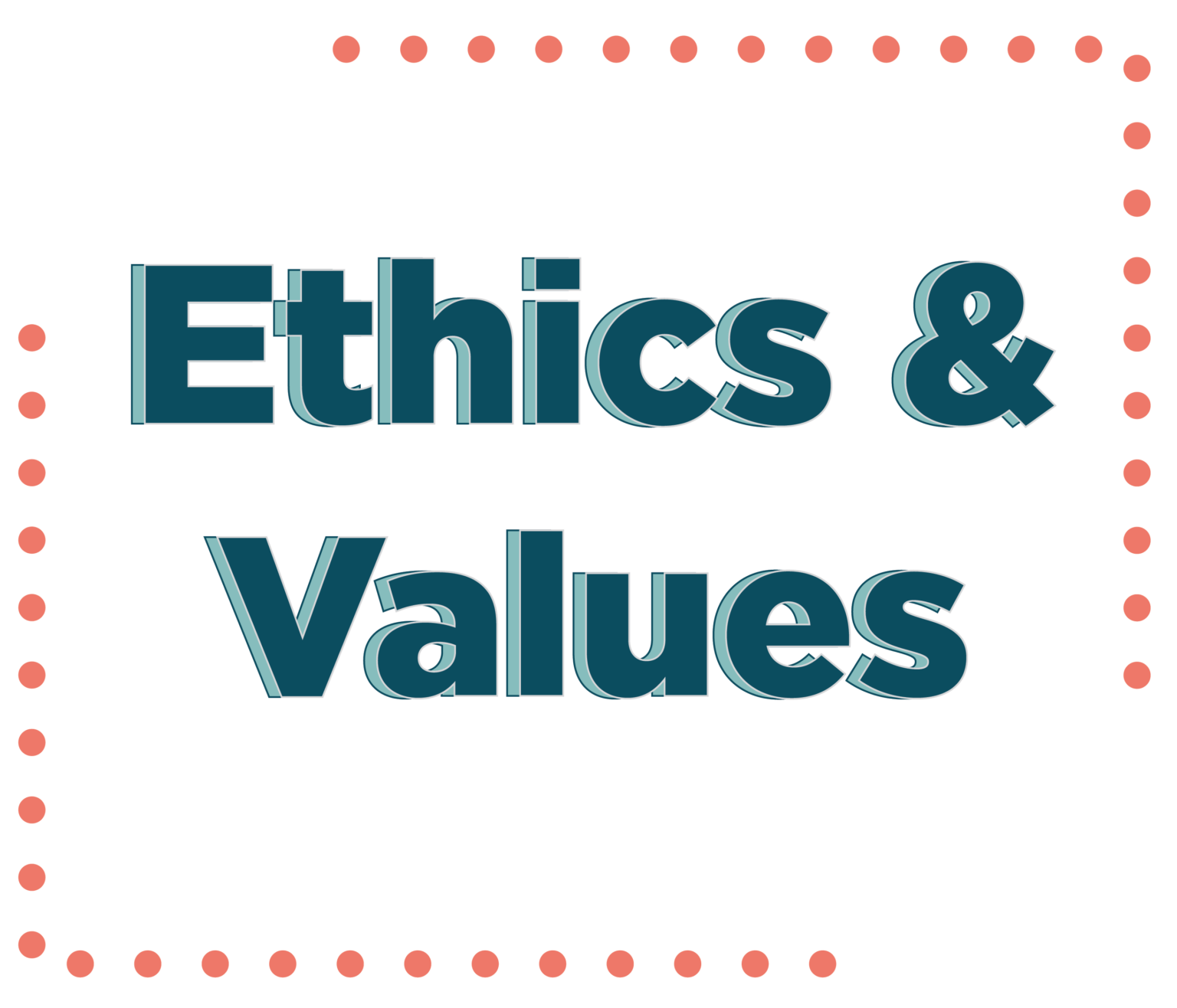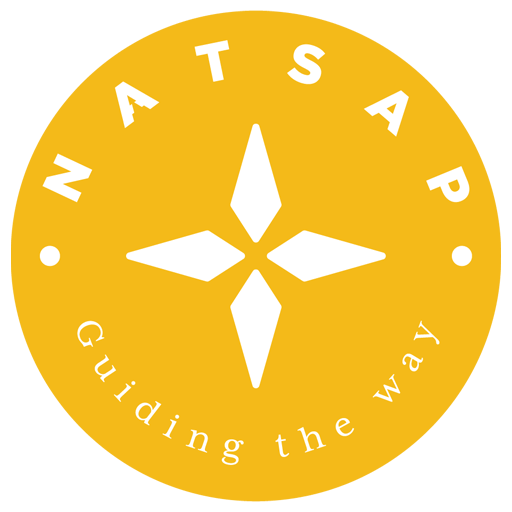Ethics and Values

Members of the National Association of Therapeutic Schools and Programs (NATSAP) provide residential, therapeutic, and/or education services to children, adolescents, and young adults entrusted to them by parents and guardians. The common mission of NATSAP members is to promote the healthy growth, learning, motivation, and personal well-being of program participants. The objective of member therapeutic and educational programs is to provide excellent treatment for program participants; treatment that is rooted in good-hearted concern for their well-being and growth; respect for them as human beings; and sensitivity to their individual needs and integrity.
Therefore all NATSAP member programs aspire to:
Ethics and Values
NATSAP members place primary emphasis on the welfare of their program participants in the development and implementation of their business practices.
NATSAP members respect the rights of those who seek their assistance and make reasonable efforts to ensure that the services of their program are being utilized appropriately.
NATSAP programs are dedicated to keeping all of their students physically and emotionally safe from any harm.
NATSAP members are committed to treatments that promote emotional healing, social connection, and increases in life satisfaction for students and their families. They are not satisfied with mere behavioral modification.
NATSAP members do not use methods that are punitive, that are authoritarian, or that utilize pain, fear, or shame to change student behaviors.
NATSAP members value continuous professional development, research, and scholarship. Therefore, practices are based on clinical research studies and are strongly evidence-based. They do not utilize practices that are fringe, based on outdated and disproven theories, or that rely on pseudoscience.
NATSAP members accept the student and family in their whole identities. This diverse lens includes recognizing how a client’s ethnicity, race, socioeconomic status, gender, exceptionalities, language, religion, sexual orientation, and geographical area take part in their behaviors and experiences.
NATSAP members work to promote connection and communication between students and their families. They seek to help not just the student, but the entire family system grow in a way that is supportive of the student’s growth and development.
NATSAP members are conscious of, and responsive to, the dignity, welfare, and worth of their program participants. Therefore, they do not condone any exploitation of students.
NATSAP members honestly and accurately represent ownership, competence, experience, and scope of activities related to their program, and to not exploit potential clients’ fears and vulnerabilities. They also fully disclose to prospective candidates the nature of services, benefits, limitations, risks and costs.
NATSAP members do not provide any sort of payment, kickback, reward, or incentive to any individual or entity to receive referrals. Similarly, NATSAP programs do not ask for or accept any sort of payment or incentive for referring students out to other providers. All referrals are received and made based on the clinical needs of the student and family.
NATSAP members clearly define the scope and capacity of their programs and what types of students are a good fit for their model and methods. If they receive referrals that are not within their student profile, they work to ensure that the individual or family seeking help receives a proper referral.
NATSAP members help students and families by using evidence-based clinical judgement. Referrals are made based on the clinical needs of the student and family. They continue this practice during placement, throughout placement, as well as after graduation to ensure the welfare of the student and family.
NATSAP programs recognize that they hold an influential role with the families they serve. As such, they make every effort to avoid conditions and multiple relationships with students and families that could impair their clinical judgement or increase the risk of any form of exploitation of the student.
NATSAP programs continue to provide services while there is a reasonably clear benefit to the student and family. When a point is reached where the services are no longer required or no longer serve the individual and family’s needs, NATSAP programs help the family with appropriate referrals and preparations for the student’s discharge.
NATSAP members respect the privacy, confidentiality, and autonomy of program participants within the context of their facilities and programs. They abide by standards of informed consent and confidentiality while clearly communicating the limitations of confidentiality based on safety concerns and reporting laws.
NATSAP members employ appropriate budget management to allocate sufficient funds to operate at the level of competence they disclose.
NATSAP members do not condone, facilitate, or practice reparative therapy in any circumstance.
More Resources

BEST PRACTICES
From its inception, NATSAP has strived to develop guidelines for ethical principles and principles of good practice.
Become A Member
The NATSAP membership year runs from January 1st through December 31st. Directory information is posted to the NATSAP website, within two weeks following acceptance, year-round.
